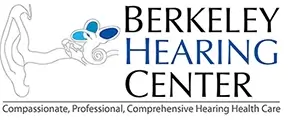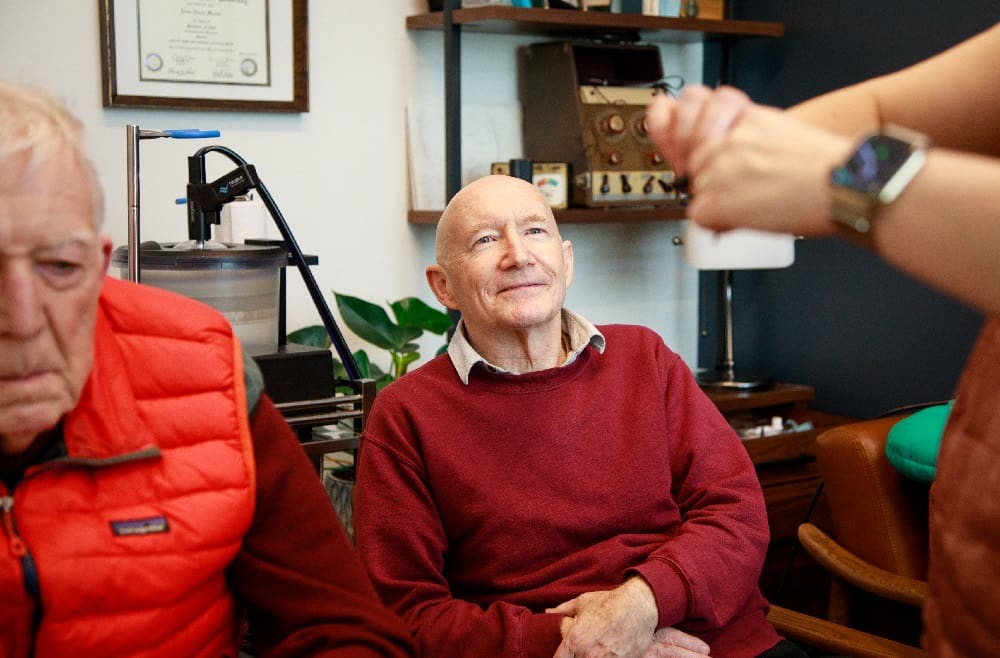2023-01-31
Jonathan Lipschutz Audiologist, M.S., F-AAA, Co-Owner
The term ‘hearing aid’ is a very apt descriptor. It is an aid, not a fix. Once the cochlea (inner ear) is damaged, it will never work the same as it did when it was healthy, and there’s no way to bypass it. Going forward, along with a drop in volume, the cochlea will be coding some amount of distorted information to the brain. As much as I wish I could, I can’t fix my patients’ problems. When it comes to the efficacy or benefit that hearing aids can provide, one major factor is the residual health of the cochlea. The more hearing loss, the more distortion. The more distortion, the less effective hearing aids can be, particularly in more challenging listening situations. And for some, even quiet, 1:1 conversation is a significant challenge! As part of our diagnostic hearing evaluations, we incorporate a basic word test in quiet and a speech-in-noise test to assess the patient’s ability to hear speech in the presence of background noise. While diagnostically significant, they also help us counsel patients about realistic expectations regarding how much hearing aids (alone) will be able to address their communication needs, especially in challenging communication environments. When we speak to patients about hearing in noise, we refer to the term signal-to-noise ratio (SNR). The signal being what we’re trying to hear, and the noise being what is interfering. As a general rule, folks will understand better the greater the separation in volume between what they’re trying to hear and the background noise. Amazingly, the healthy ear can code information so precisely that most people can understand speech at a zero or even slightly negative SNR. Unsurprisingly, a person with hearing loss will require more positive SNR to do equally as well as the normal hearing individual. What can hearing aids do to improve SNR? Hearing aids have a lot of amazing digital sound processing capabilities, including noise reduction and digital feedback suppression. However, the only technology that has been proven to significantly improve SNR, and therefore a person's ability to hear in noise, are directional microphone systems. Directional microphones essentially focus on sound coming from the front, and are less sensitive to sound from the sides and behind. To be effective, it’s critical that the user position themselves to take advantage of how the directional system works. At their most effective, hearing aid directional microphone systems can give about a 6-7dB improvement in SNR. For folks with less severe hearing loss, that may be enough to allow them to perform effectively in all but the most challenging situations. But I often see patients that need greater improvement than hearing aids alone can provide, sometimes even in unchallenging listening environments.
Thankfully, there are assistive devices that can be coupled to hearing aids that can provide significantly greater improvements in overall intelligibility and SNR improvement. They certainly have some limitations (added cost, ergonomics), but given the alternative, it’s better to have options. Next month, I’ll dive into these assistive systems. Till then, please continue to love our community by getting vaccinated/boosted & masking where and when appropriate AND supporting our local businesses.
https://berkeleyhearing.com/wp-content/uploads/2024/11/Learn-how-hearing-aids-work-to-enhance-listening-experiences-in-challenging-situations.jpg
Jonathan Lipschutz Audiologist, M.S., F-AAA, Co-Owner






